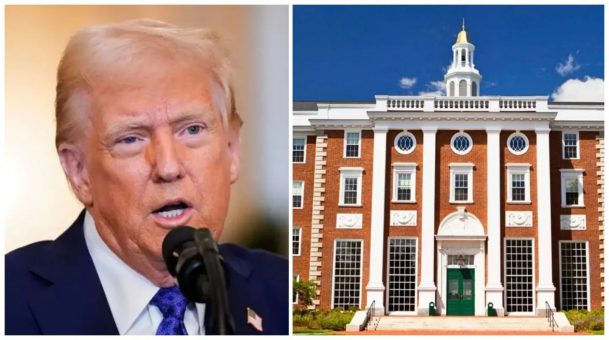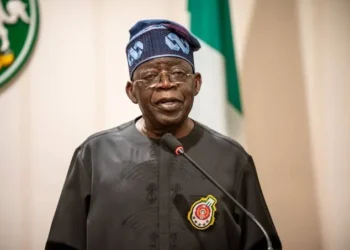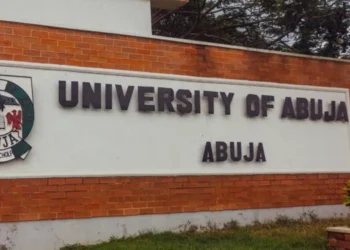In a controversial move that could have global implications for higher education, the administration of former United States President Donald Trump has revoked Harvard University’s authorisation to enrol international students.
The decision was announced in an official letter signed by Homeland Security Secretary Kristi Noem, citing the university’s alleged failure to comply with federal oversight requirements related to the Student and Exchange Visitor Program (SEVP). The revocation is effective immediately.
International students currently make up over 27% of Harvard’s student population, according to university data from the 2024/25 academic session.
The Trump administration had earlier demanded that Harvard submit to federal review of its admissions and hiring processes — a move the university reportedly declined. President Trump accused the Ivy League institution of fostering what he termed a “woke” liberal ideology, promoting anti-Semitism, and enforcing discriminatory diversity policies.
“Universities must meet Department of Homeland Security standards, including full cooperation with SEVP regulations. Harvard’s refusal to do so, coupled with the perpetuation of a campus climate that is allegedly hostile to Jewish students and sympathetic to extremist ideologies, has resulted in the loss of its certification,” Noem wrote in her letter.
This development is likely to generate intense legal and political debate, particularly around academic freedom, institutional autonomy, and the rights of international students. Critics of the decision argue that it sets a dangerous precedent for political interference in higher education and could diminish the United States’ reputation as a global destination for academic excellence.
Harvard University has yet to issue an official response to the decision.
Educational analysts warn that if the revocation remains in place, it could disrupt the academic journeys of thousands of students from around the world and discourage future applications to American universities.
The action also raises broader concerns about the balance between national security and the independence of academic institutions, particularly at a time when cross-border education is crucial to global development and innovation.



















































































 EduTimes Africa, a product of Education Times Africa, is a magazine publication that aims to lend its support to close the yawning gap in Africa's educational development.
EduTimes Africa, a product of Education Times Africa, is a magazine publication that aims to lend its support to close the yawning gap in Africa's educational development.